5 Things You Need To Know About The Plastic Industry In Australia
4 Mins Read
Published on: 26 December 2022
Last Updated on: 08 June 2024
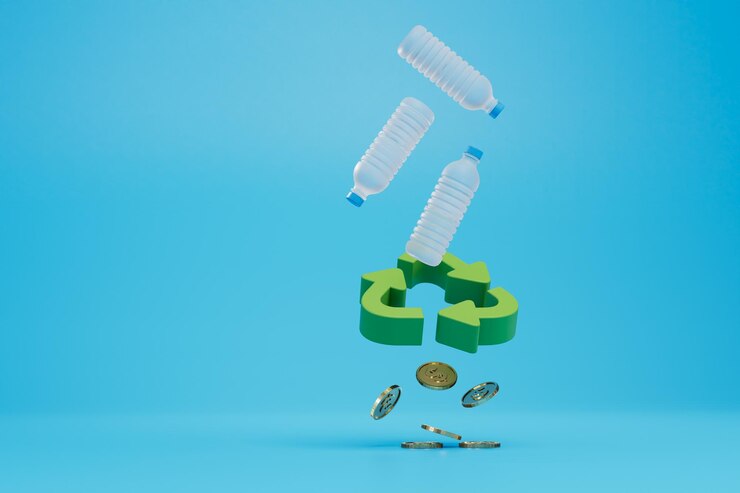
toc impalement
Did you know that 85% of seabirds in Australia are affected by plastic pollution? The Australian plastic crisis can easily get out of hand if we’re not going to do something about it.
This is why companies like PlasPak go out of their way to follow government regulations and fully practice green protocols in their daily operation.
It is impossible to remove plastic from the economy. Many of the world’s goods are highly reliant on the capacity of plastic to be both durable and hygienic. How can we effectively wrap medicines and food without plastic?
This is why banning plastic is never the answer. It is in regulating its use that the Australian government sees a bright future.
Top 5 Facts To Know About Plastic Industry In Australia
In this post, we’d discuss everything you’d need to know about the current state of the Australian plastic industry. Knowing them will effectively help you make necessary adjustments to your daily use of plastic.
1. The Inner Workings of the Plastic Industry: How Things Work?
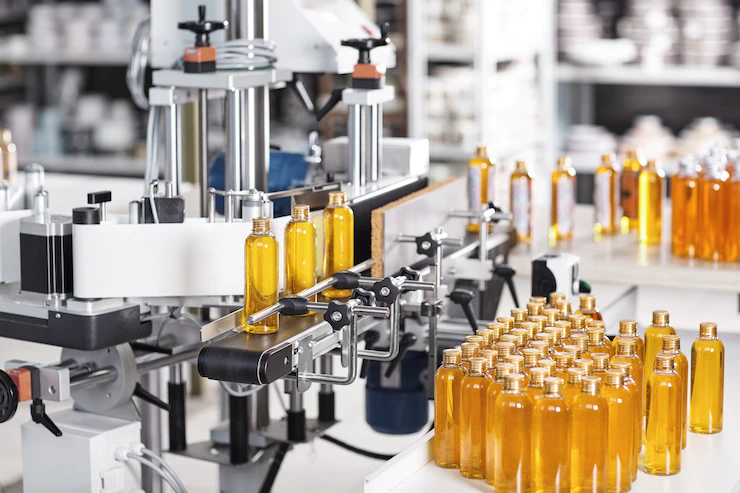
Plastic is essential in almost all kinds of industries – from transportation to healthcare, and even gadgets. Its versatility and durability make it a practical business tool and household favorite. Continuous development in the industry made plastic ever durable and reliable through the years.
The plastic industry basically serves businesses that deliver goods. Individual users only get a small chunk of the usage of plastic. It is ultimately big businesses that highly rely on plastics.
The plastic industry is a branch of a massive chemical industry. It is part of the chemical industry because its manufacture involves the wise use and manipulation of chemical compounds. The following industries are the ones that benefit from plastic the most:
- transportation
- aerospace
- electronics
- construction
- building
- packaging
2. When did the use of plastic become problematic?
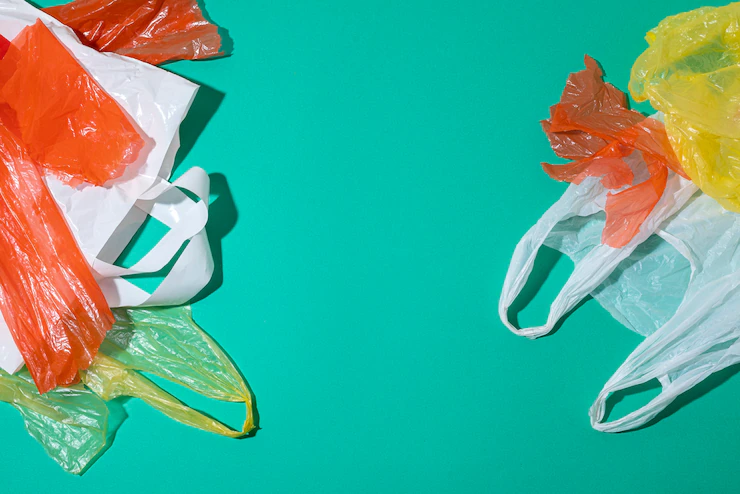
Plastic was invented in 1907 by Leo Baekeland, a Belgian chemist. He combined two chemicals (formaldehyde and phenol) through heat and pressure to create plastic. It became problematic around 80 years after its invention.
It was only eight decades after its invention that experts observed its negative impacts on the environment. This is when it became apparent that managing plastic waste is imperative.
People have come up with numerous solutions to decrease plastic pollution. One is the banning of single-use plastics in shops and stores. This was thought of because it was revealed that individuals are not good at following through with their recycling habits. This leads to more plastic waste in landfills.
Apart from landfill issues, research on the negative effect of plastics on human health has also surfaced. A recent study showed that there are now microplastics in our bodies. A study was even able to show that microplastics even now exist in the placentas of unborn babies.
3. Greenpeace

Greenpeace is pioneering the move for proper plastic usage and management. It made famous the 3R campaign that encouraged people to Reduce, Reuse, and Recycle. Continuously applying the three will greatly help in the successful elimination of plastic waste on the planet.
Australia is also strict in enforcing laws and regulations that help in securing the health of oceans. The campaign will be immensely effective if everyone will fully and truly participate.
a. Reduce
It’s hard to survive a day without having to use plastic. Plastic is essential in many matters of daily life. This is why an ideal solution is the reduction of usage. This can be done by using eco bags instead of plastic.
b. Reuse
It will be fantastic if you could also opt to reuse plastic whenever you can. Plastic can be used as a durable material for DIY projects. It is highly durable and can easily be repurposed for different uses.
c. Recycle
Australians are also invited to practice recycling faithfully. This can be done by simply disposing of plastic in proper bins.
4. Plastic and the Economy
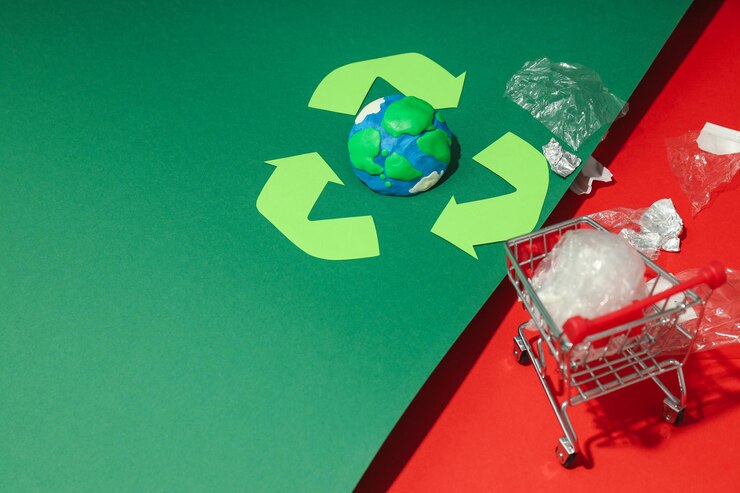
It is impossible for big and small businesses to thrive if plastics won’t manufactured. Scientists have yet to come up with an organic material that can fully protect medicines, beverages, and foods while in transit. This is why the economy will suffer immensely if plastic will be fully out of the picture. The following are the main benefits of using plastic:
a. Solid Food Preservation
There has yet to be a material that can effectively preserve all kinds of food as practical and convenient as plastics do.
b. Efficiency
Plastic is a fantastic material used in the creation of automobiles. It allows vehicles to be corrosion-resistant and more fuel-efficient.
c. Trash Reduction
The wise use of plastic will greatly help in the reduction of waste.
d. Employment
The plastic industry gives livelihood to thousands of Australians.
5. The Australian Government
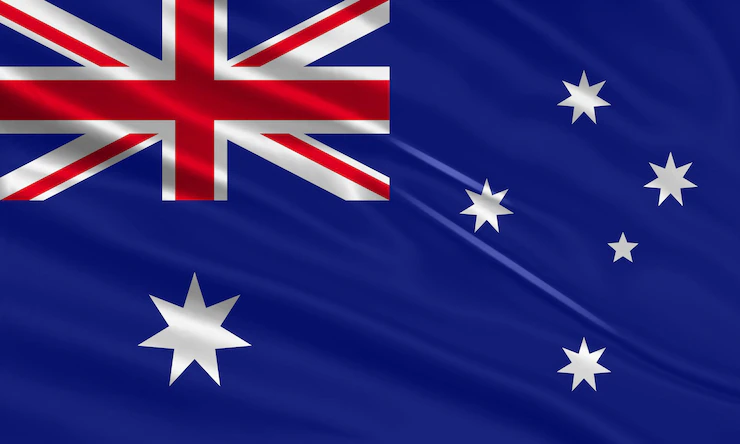
The Australian government is exerting all possible efforts to reduce plastic waste in the country. This is because a million tonnes of Australia’s yearly plastic waste is derived from single-use plastic. It is tragic because of 130,000 tonnes of such plastic leak into the oceans. This is why the Australian government is doing the following:
- Fully supports local communities on their drives in the cleanup of plastic litter
- Continuous research on marine debris
- Continuous research on the manufacture, use, recycling, and disposal of plastics
- Strict implementations of rules and policies involving plastic usage
Additional:















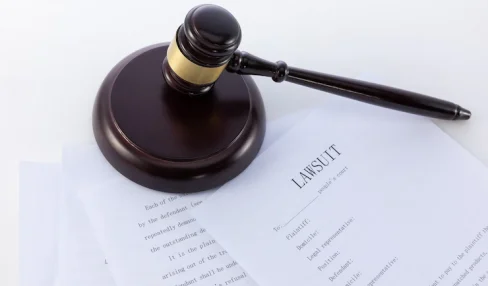
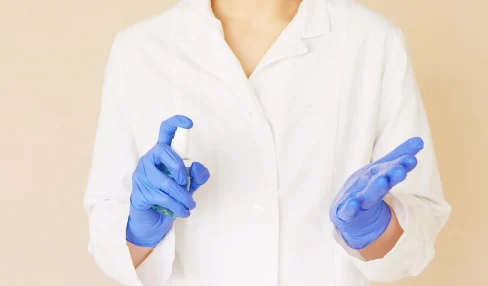

Comments Are Closed For This Article